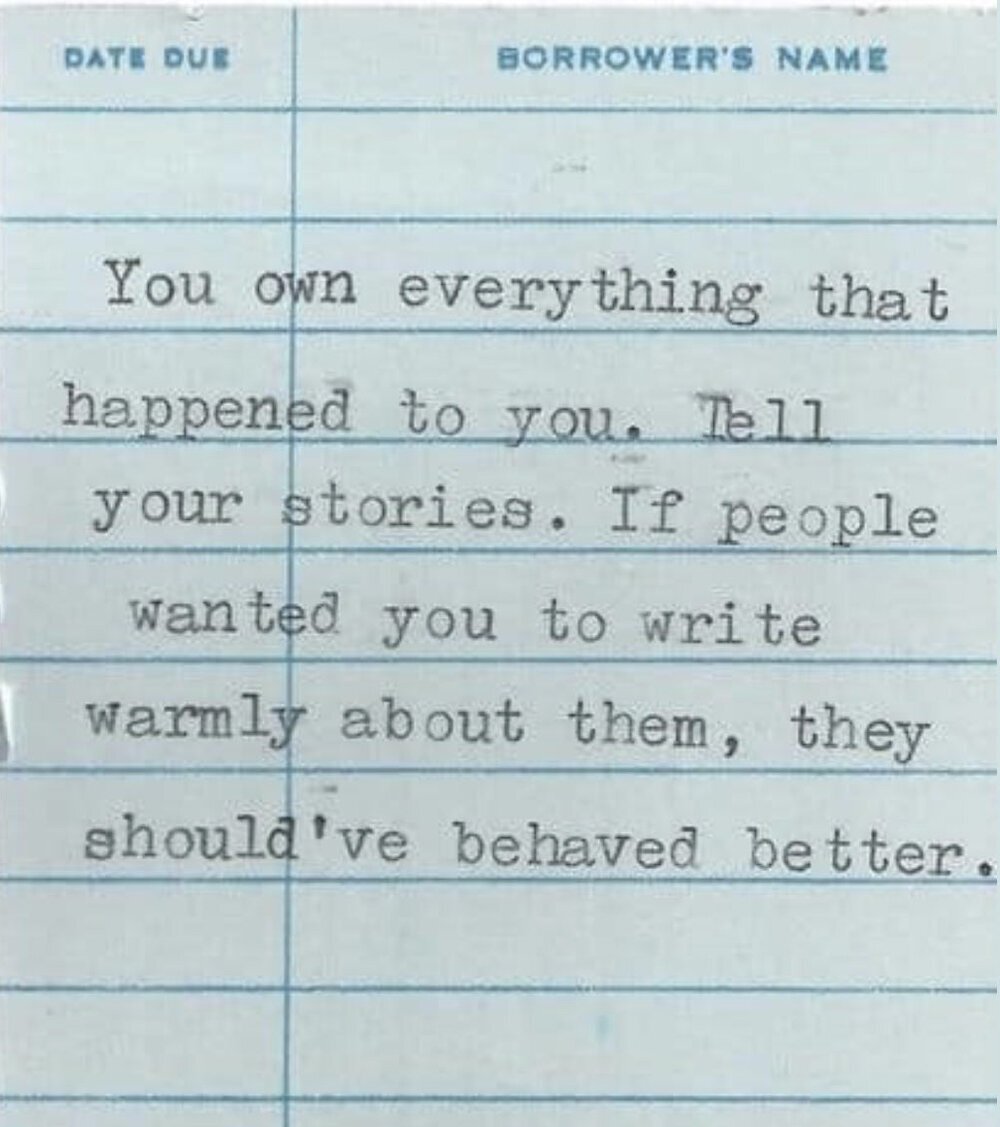WHY JOURNALING IS MY ULTIMATE SELF-CARE ACT
No matter how often we see “self-care” being thrown around and used in mass marketing campaigns these days, the true meaning of self-care needs to be defined by the individual. I’ve had a self-care practice long before the ubiquitous buzzword took over, I just never viewed my little hobbies and rituals as part of a larger system that kept me fulfilled and sane.
Journaling was undoubtedly the first self-care practice I picked up as a child. I started writing in my first diary in third grade—most of the pages were reserved for musing about my crush. I was in love with a boy named Tom throughout grade school, and I would record with detail each day that he talked to me in class, or when my friends and I were fighting over him (because everyone had a crush on Tom), or I’d fill pages of what it would be like if he asked me to be his girlfriend (he never did, sigh).
As I got older, my journal became a necessity for holding my dreams and fears for the future, my struggles with panic attacks, anxiety, more crushes, fights with family, friends, all the ups and downs.
I even took it online during the rise of LiveJournal in the early 2000’s. It’s funny to think even back then I was brave enough to put myself out there in such a public way—but like most teenagers, with little filter, it got me in a bit of trouble. So, my most private feelings went to my diary tucked away in my nightstand. All that time though, I never fully understood the power of journaling and how therapeutic it was.
From what I’ve read, when we journal, we’re accessing our left brain, the rational and analytical side, which removes mental blocks, so our right brain is free to create and feel all the feels. Other benefits include:
• Clarifying our thoughts and feelings
• Understanding who we are better
• Reducing stress
• Solving problems
• Resolving disputes with others
• Improving physical wellbeing
There are many journaling techniques, but I’m a free writer. I don’t use a journal prompt or any other method, I just let the words flow, and I write continuously for as many pages as possible. I don’t think about spelling or going back to edit what I’ve written—none of that matters. The goal is to just get all my feelings out, and write whatever is coming up for me in that moment. Typically, I do this about 3-4 times a month. If I’m going through a difficult time, I might write every single day. Outside of my weekly therapy sessions, this is how I process things going on in my life, or how I feel about myself, or what I want to manifest (always write manifestations on paper!).
I put zero judgment or expectation on this writing ritual, I don’t analyze it, and I think that’s the most important part to enjoying journaling. As someone who has always had overwhelming feelings and emotions, writing them down has helped me sit with uncomfortable feelings, validate how I feel, look at things objectively, and just take the pressure off. Much like therapy, I think people can feel scared about journaling because putting your feelings down on paper makes it more real, and means you might need to confront something going on inside your head. I'll admit there have been moments where I've avoided journaling because it felt too overwhelming—it's so much easier to push our uncomfortable thoughts away and distract ourselves with TV or social media. Be mindful of when you’re trying to escape feeling something.
Most of all, I love having this detailed record of my life. Every once in a while, l peek through old pages and reflect on situations I’ve been through, like the times I was worried something wouldn’t work out, but it did, or realizing a situation that didn’t work out was a blessing in disguise. Being able to acknowledge moments where I was really struggling, but I navigated the obstacle and persevered makes me feel so good—and seeing manifestations that came to fruition is just the icing on the cake.
If you need a little more guidance to get your journal practice going, here are a few other methods
Morning pages: this is also a free writing exercise, but you set a certain amount of pages (like 2 or 3) to write every morning when you wake up.
Unsent letters: Whether it’s a love letter to a current crush, an apology to a former friend, this is a safe and low-risk way to get out all the things you wish you could say. You can also write one to your past or future self.
Gratitude journal: make a practice out of writing down a few things you’re grateful for every day. It’s been proven to boost self esteem, and relationships.
Bullet journal: this is a relatively new practice, a way to compile your brainstorms, to-do lists, reminders and schedules all in one convenient place.
Or try one of these guided journals/planners:
via @lamekafox


